Benefits & Wellness
Salary & Benefits
The Department of Pathology, Microbiology and Immunology provides an attractive and nationally competitive salary and benefits package. Details of the salary, benefits, and support network can be found at the College of Medicine's Graduate Medical Education.
Training Support
Furthermore, our department provides additional support to its residents to enhance their career:
- $1,000 professional development allowance per resident per year of training for the support of academic books, board examinations and continuing education
- Residents are encouraged and supported by the department to present at scientific meetings. The department funds travel (up to $2,500 per year) to professional meetings where the resident presents their research with two trips per year with abstract participation.
- A fully stocked, up-to-date department library
- Free membership to the College of American Pathologists Association and the Nebraska Association of Pathologists
Perks include:
- Weekday lunch stipend ($10 per day)
- Convenient covered parking
- Lab coats with laundry service
- Two sets of black scrubs
- Newly designed house officer lounge
Life & Wellness
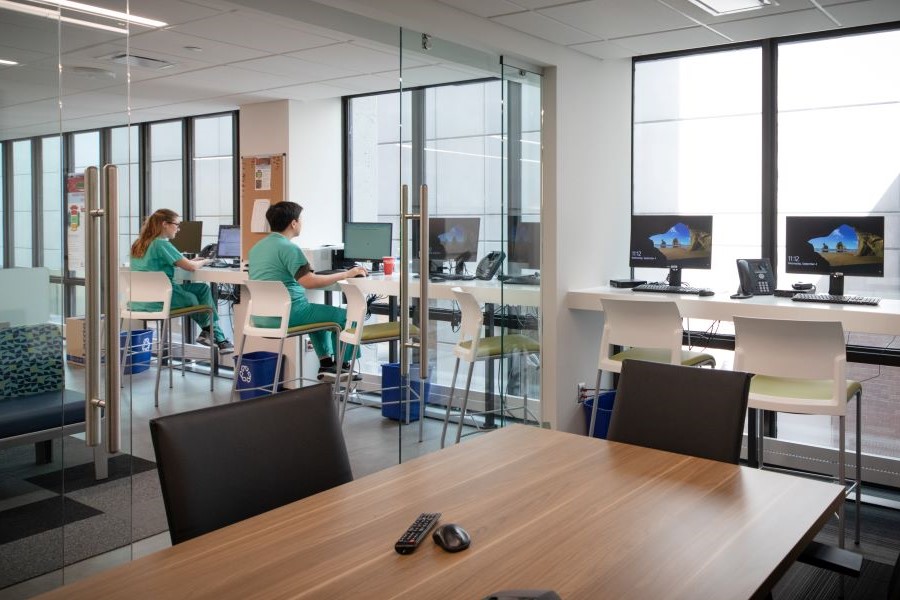
New house officer lounge
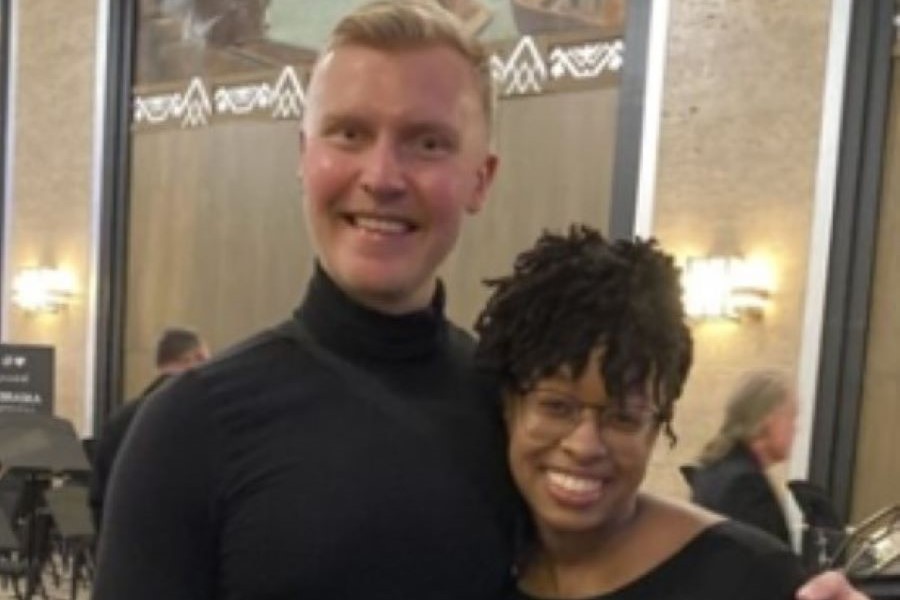
Talented residents with UNMC orchestra
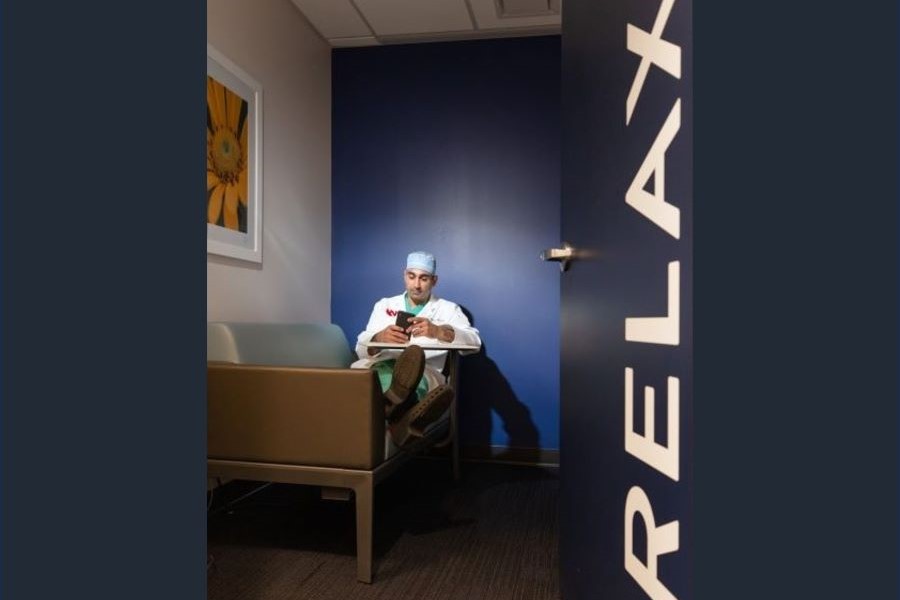
Individual relaxation rooms
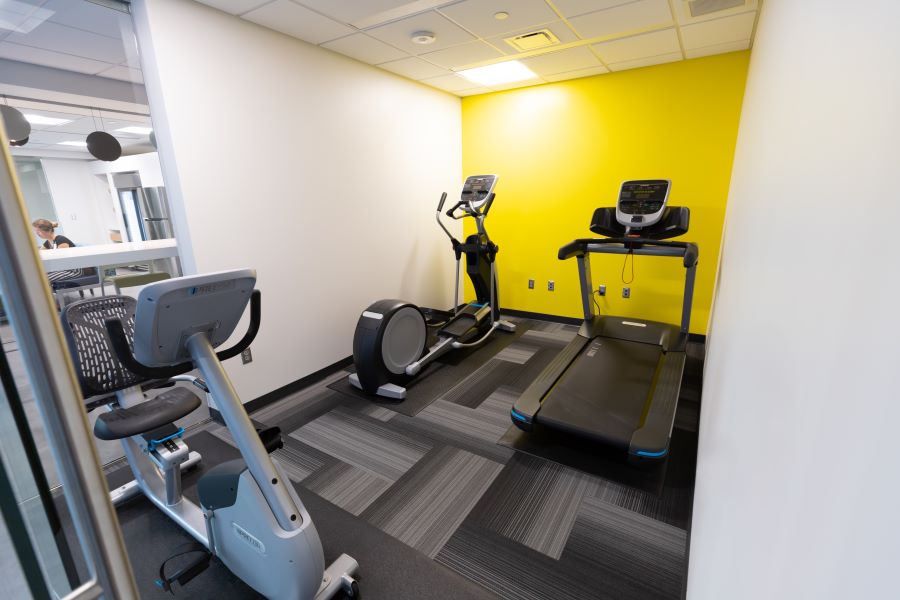
Mini-gym in house officer lounge
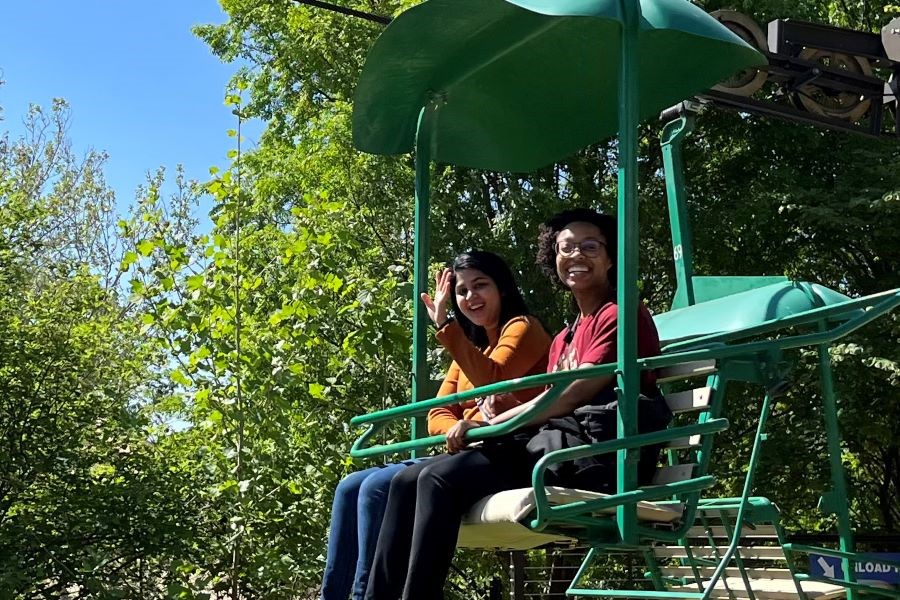
Zoo outing

Learning and socializing events
Residency FAQs
The surgical pathology service is divided into five subspecialty benches: GI, dermatopathology/bone and soft tissue pathology, ENT/lung, breast/gyn, and GU. While on surgical pathology core rotations, residents are assigned to a subspecialty bench for two consecutive weeks, and thus will rotate through all five benches multiple times over the course of their training. On each of the services, residents will spend one day of combined grossing and frozen section, and the subsequent two days previewing and signing out cases for their subspecialty. In addition, there is a daily informal resident-led slide review (7:30-8 a.m.), a didactic conference (8-9 a.m.) and residents are encouraged to attend an Interesting Case Conference (11:30 a.m.-12 p.m.). Residents are encouraged to use elective time to gain additional experience in each of the available subspecialty areas according to their needs and interests. When on a subspecialty surgical pathology elective, residents are not required to gross and spend each day previewing and signing out cases with their attending.
Most residents arrive 15-30 minutes prior to the start of the daily didactic conference to prepare for the day, compiling a case list, following up on email, etc. Following seminar at 9 a.m., the day will vary, depending on whether the resident is scheduled to gross or to read and review slides and cases. The resident spends day one (gross day) of the three-day rotation by heading to the gross laboratory to begin cutting in cases as well as covering all frozen sections. The certified pathology assistants are able to help distribute the workload as well as assist with frozen section diagnosis. Most often, the grossing resident is finished with work between 5 and 6 p.m.
Omaha is a fairly large city with housing options to suit everyone’s needs, from studio apartments to homes for rent or sale at various distances from the medical center campus. Some residents rent apartments, some with roommates. Plenty of others have their own apartments or homes for rent. Still others purchase homes or condos. Salaries here are fairly generous for the cost of living, and many residents support growing families.
Nearby (five-minute drive) apartment options include the Blackstone District and Midtown district. Numerous options exist within a 10- to 20-minute drive distance as well. Essentially all housing options will be within a half-hour.